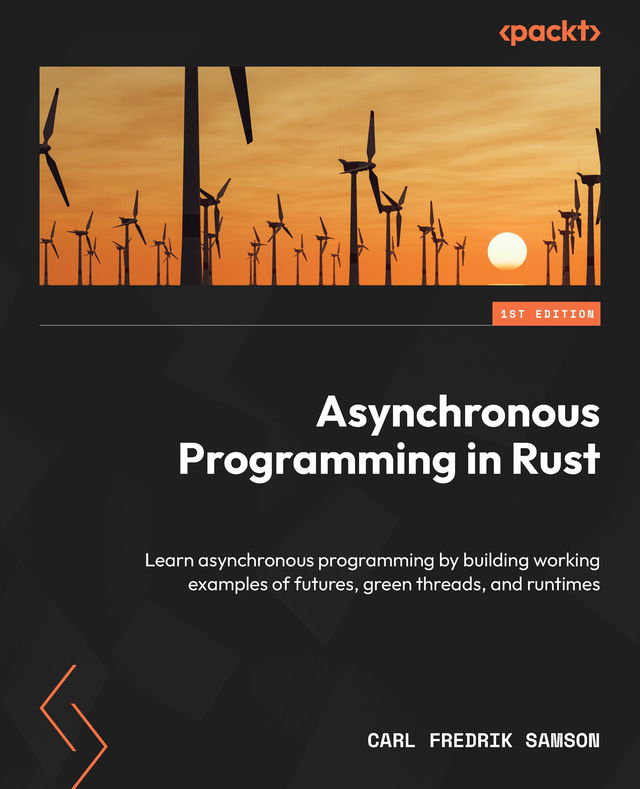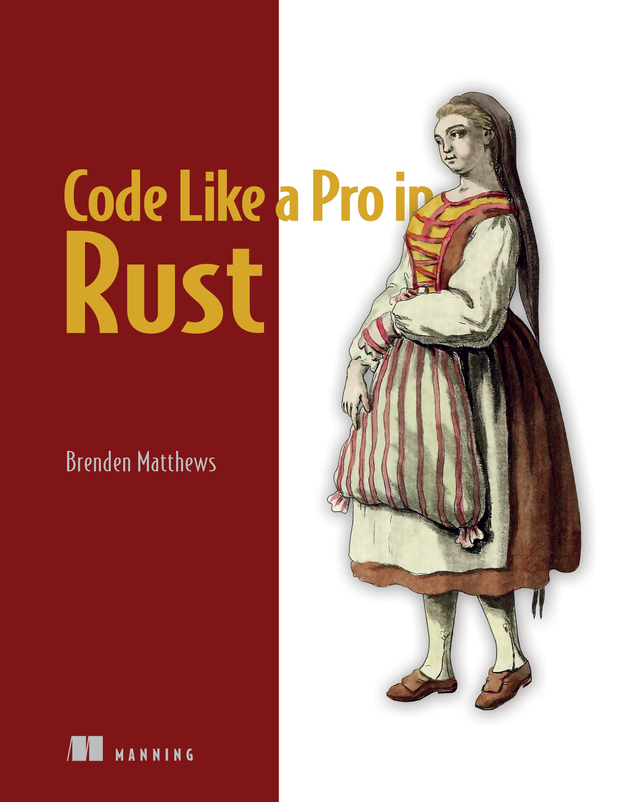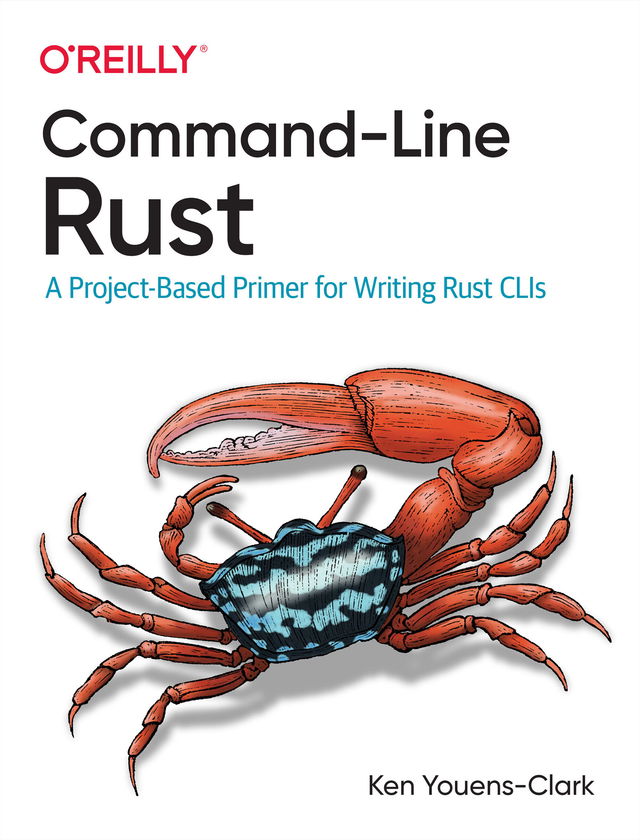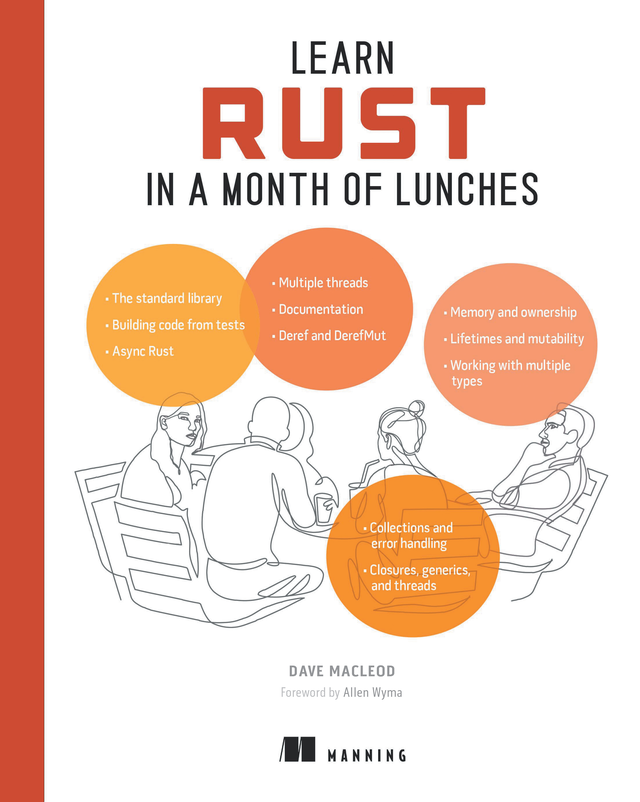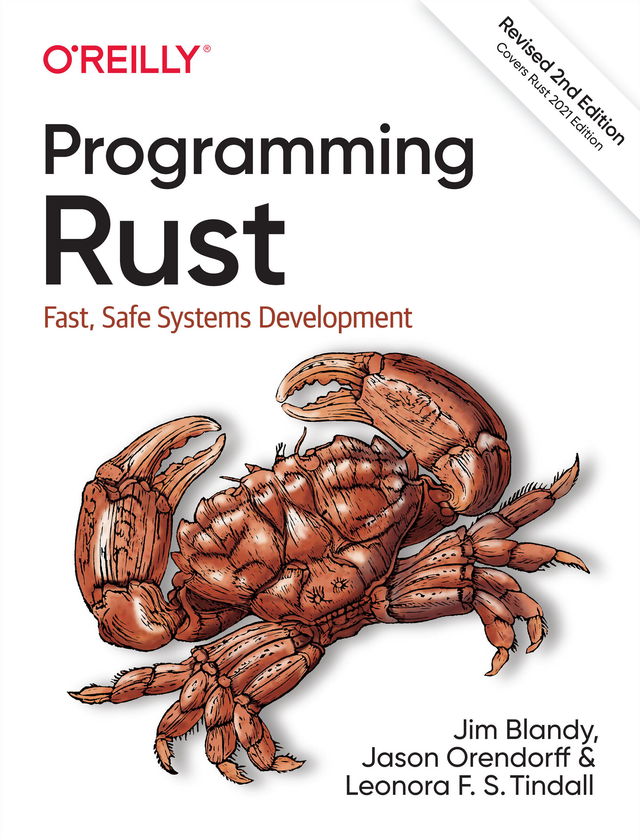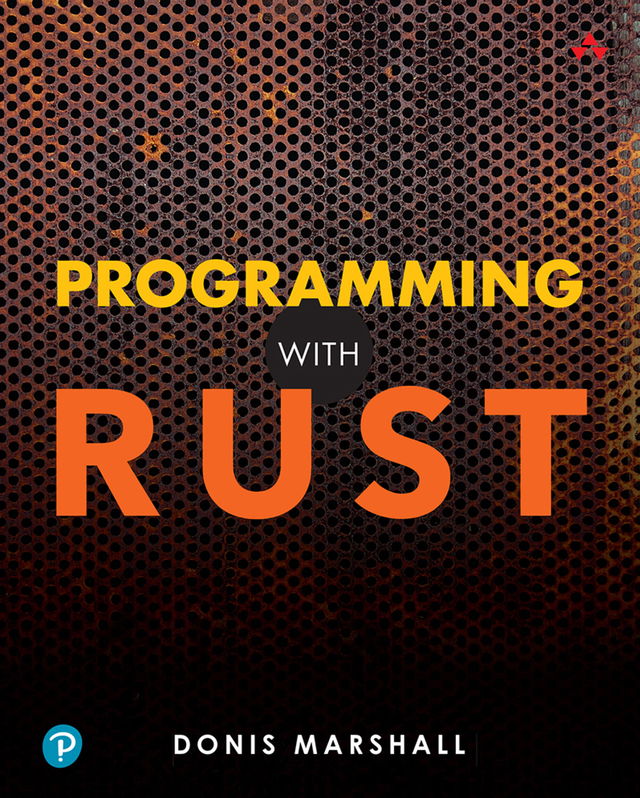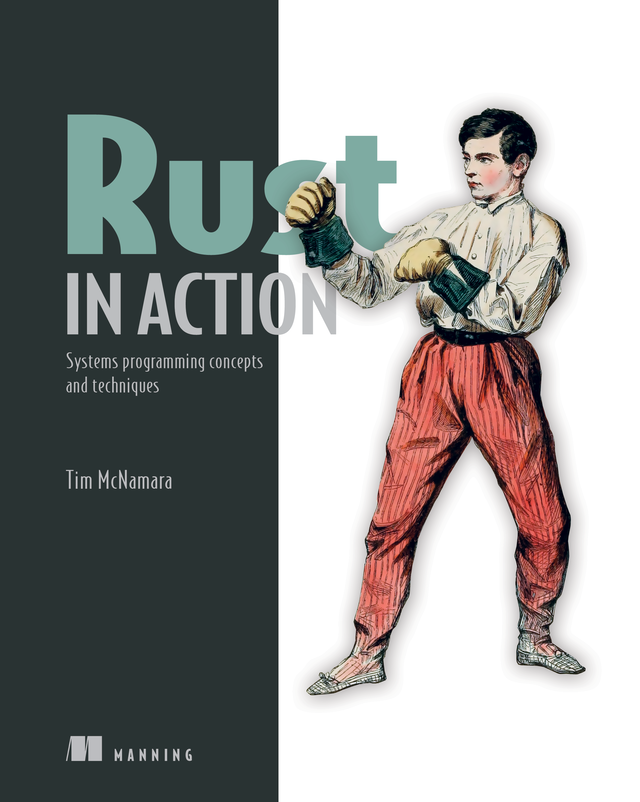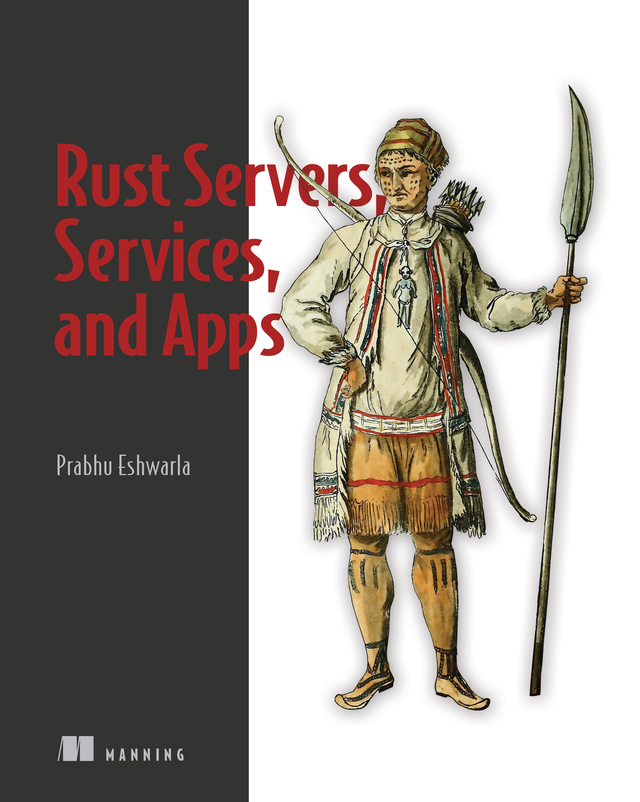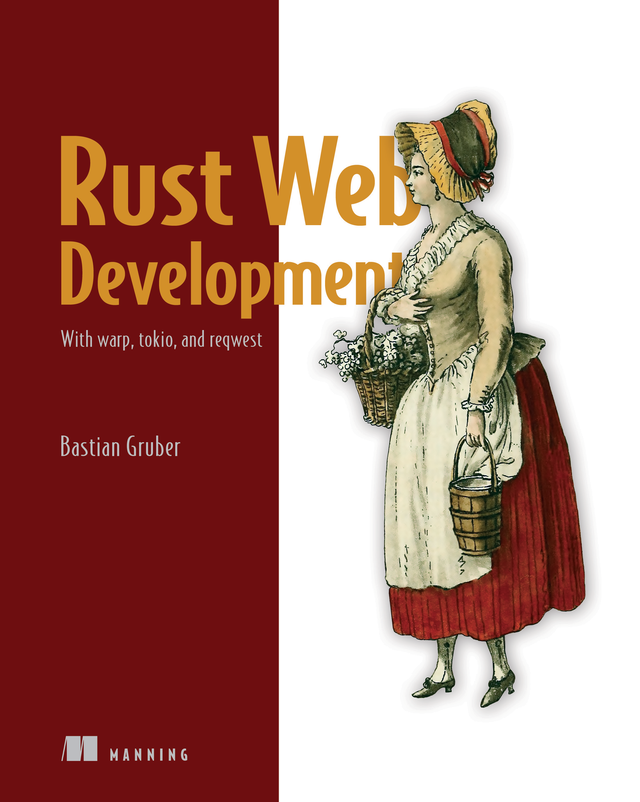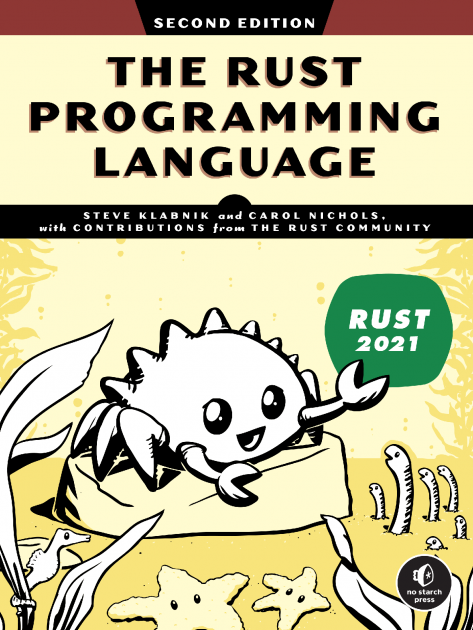Step into the world of asynchronous programming with confidence by conquering the challenges of unclear concepts with this hands-on guide. Using functional examples, this book simplifies the trickiest concepts, exploring goroutines, fibers, futures, and callbacks to help you navigate the vast Rust async ecosystem with ease.
You’ll start by building a solid foundation in asynchronous programming and explore diverse strategies for modeling program flow. The book then guides you through concepts like epoll, coroutines, green threads, and callbacks using practical examples. The final section focuses on Rust, examining futures, generators, and the reactor-executor pattern. You’ll apply your knowledge to create your own runtime, solidifying expertise in this dynamic domain. Throughout the book, you’ll not only gain proficiency in Rust's async features but also see how Rust models asynchronous program flow.
By the end of the book, you'll possess the knowledge and practical skills needed to actively contribute to the Rust async ecosystem.
What you will learn
- Explore the essence of asynchronous program flow and its significance
- Understand the difference between concurrency and parallelism
- Gain insights into how computers and operating systems handle concurrent tasks
- Uncover the mechanics of async/await
- Understand Rust’s futures by implementing them yourself
- Implement green threads from scratch to thoroughly understand them
Who this book is for
This book is for programmers who want to enhance their understanding of asynchronous programming, especially those experienced in VM’ed or interpreted languages like C#, Java, Python, JavaScript, and Go. If you work with C or C++ but have had limited exposure to asynchronous programming, this book serves as a resource to broaden your knowledge in this area. Although the examples are predominantly in Rust, the intricacies of Rust’s futures are covered in detail. So, anyone with a keen interest in learning Rust or with working knowledge of Rust will be able to get the most out of this book.
